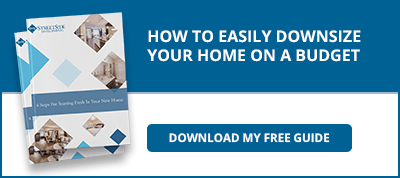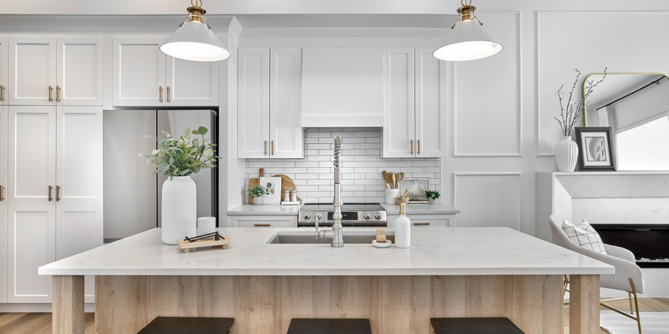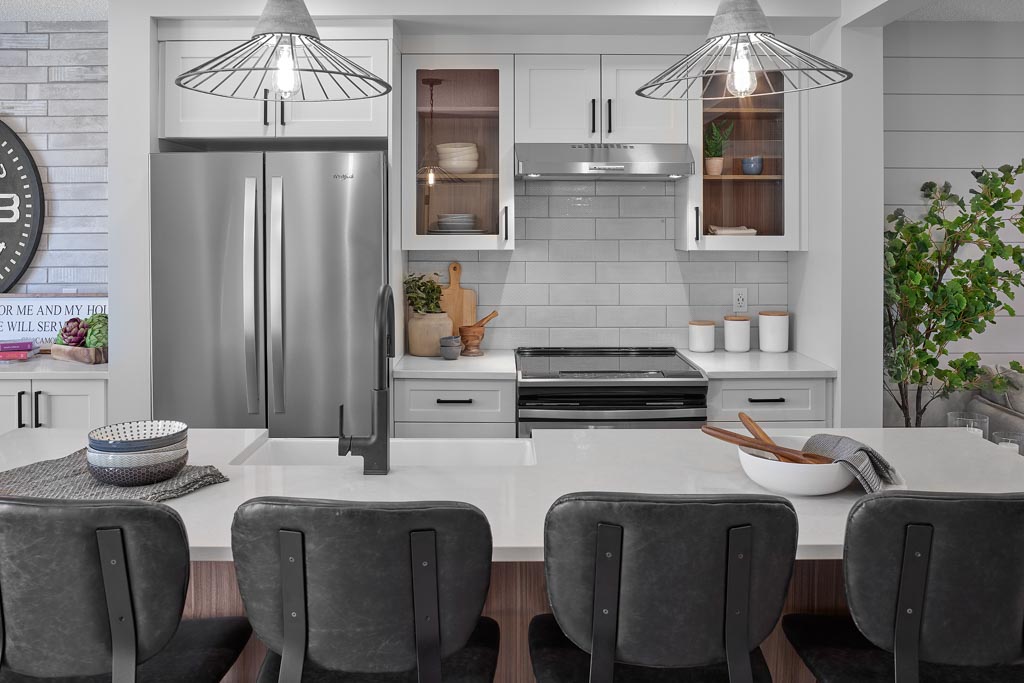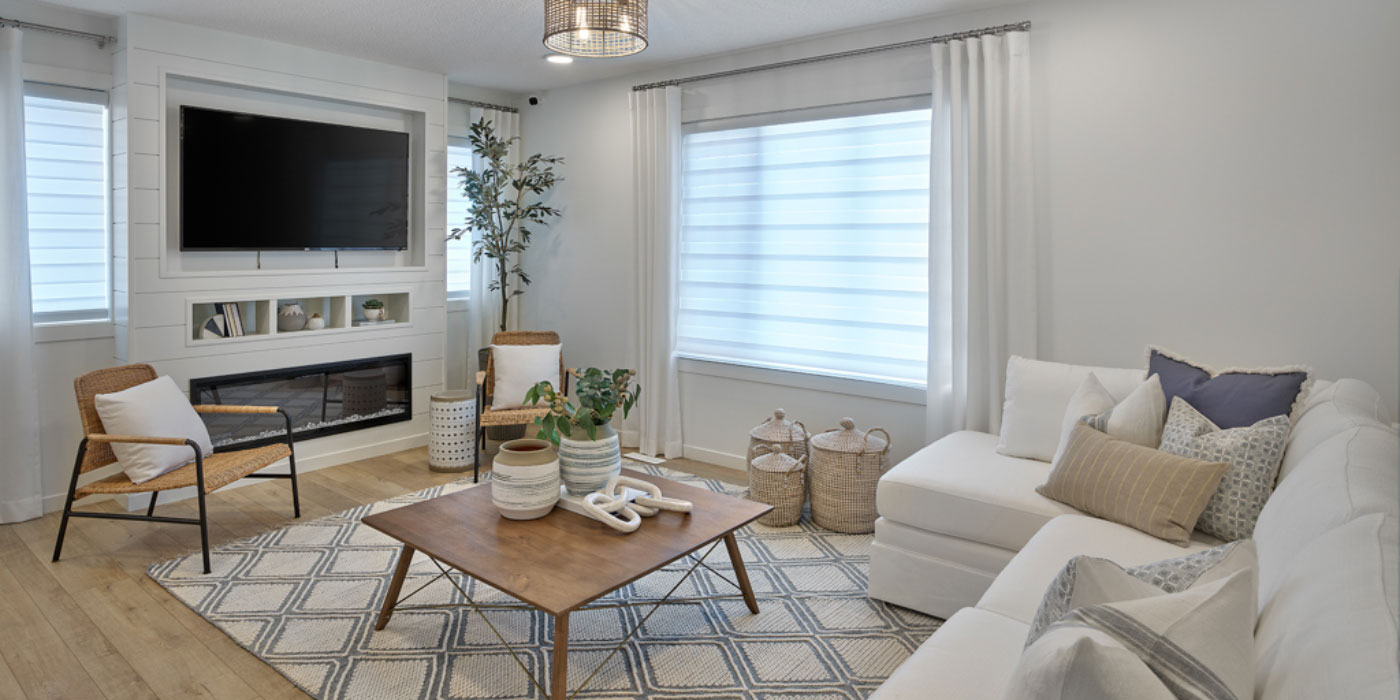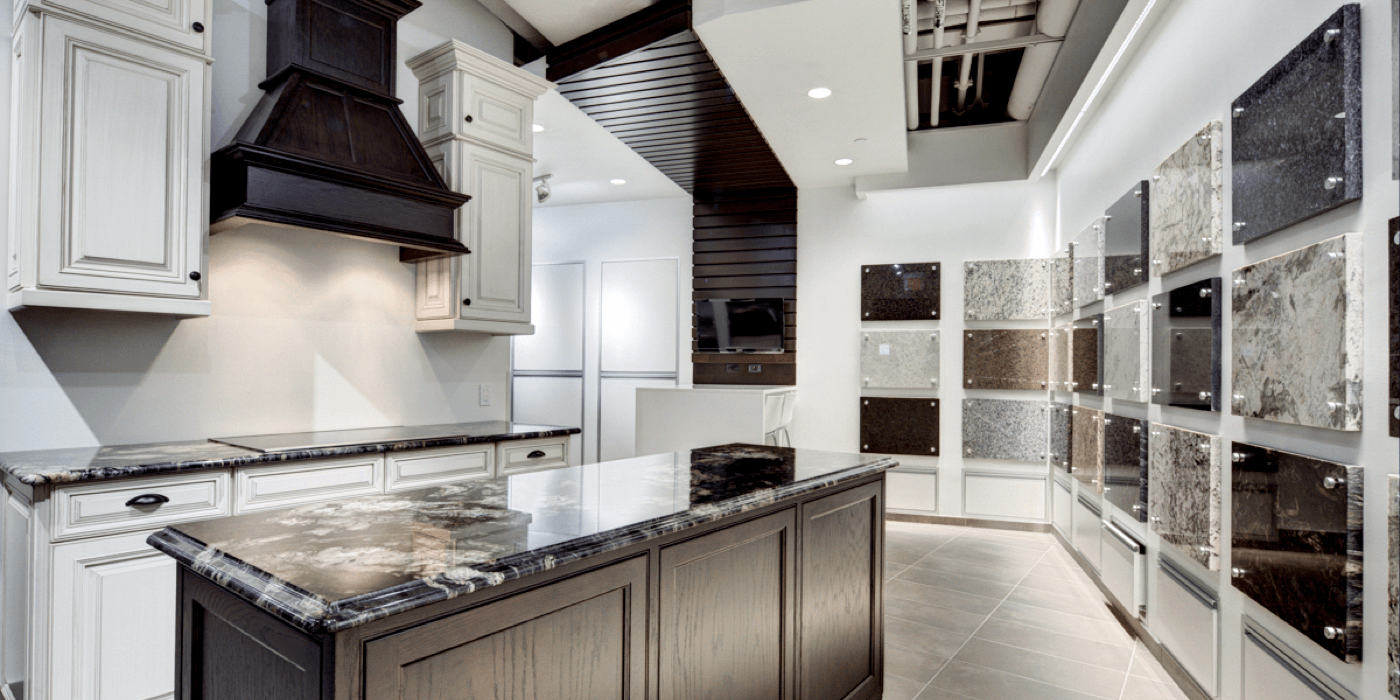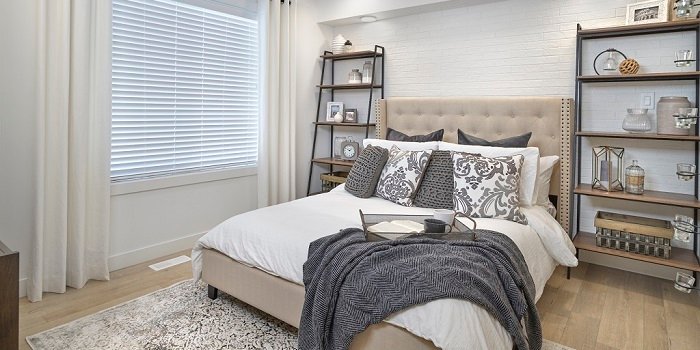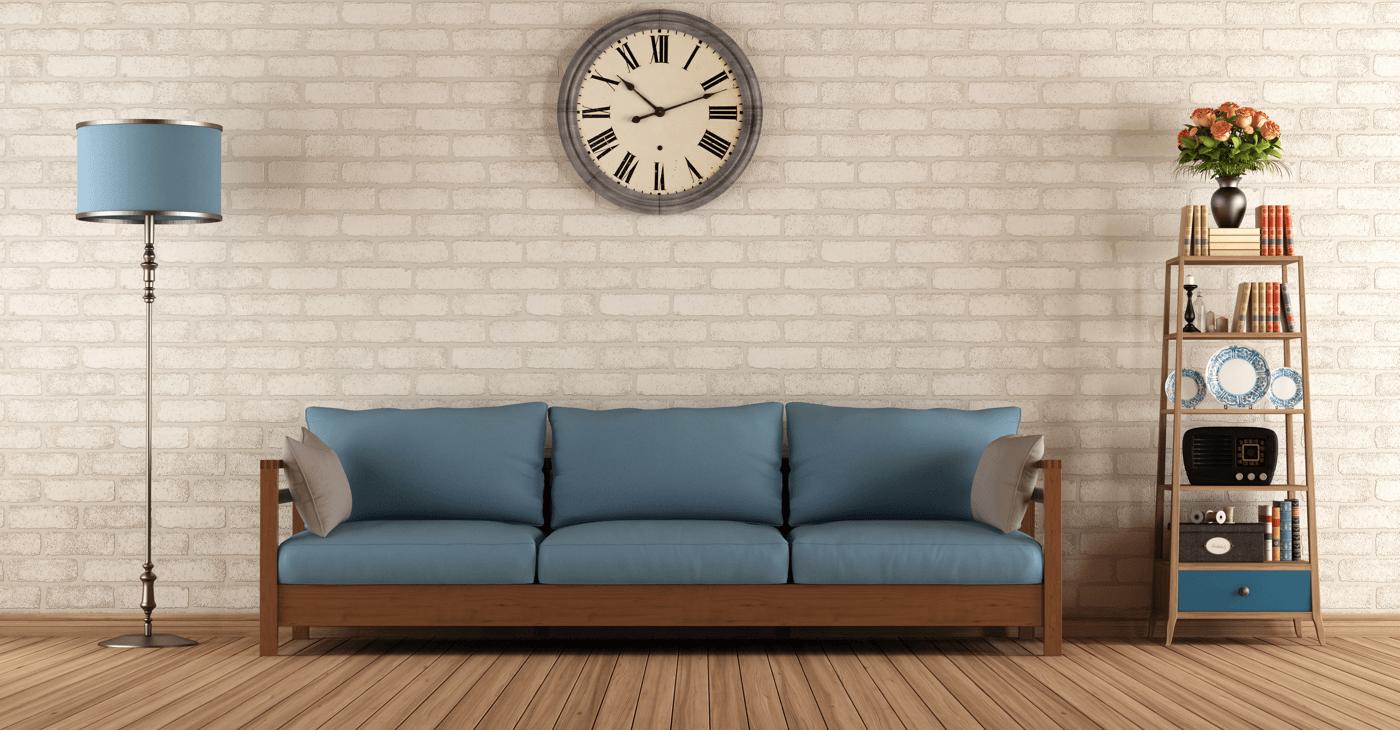
6 Tips to Help You Buy a Home on a Single Income
Buying a home is often seen as the next step for married couples to take on the road to adulthood. Home ownership is a big responsibility, but it’s also a great way to put down roots in a community and build equity.
However, there’s a perception that single people shouldn’t be able to do the same. People think that it’s too expensive to buy a home or the maintenance will be too time-consuming. These thoughts often mean that people feel trapped into renting until they get married.
It doesn’t have to be this way! With a bit of planning, you can buy a home on a single income and reap all the same rewards that married homeowners have.
Get Your Finances in Order
The cost of home ownership is probably the biggest hurdle single buyers face. Those who can rely on two incomes are better able to afford larger homes and aren’t as worried about the challenges that might come from a job loss. However, it’s definitely possible to buy a home on a single income.
The real key is to work hard on paying down any debt you might have and build up a sizeable down payment. When you don’t have debt, you have more disposable income to spend on a home, and you can build up an emergency fund to cover all those little expenses that might come up. You only need a down payment of five percent to purchase a home, but you will be required to pay for private mortgage loan insurance. All of this makes buying a home more affordable on a single income.
Apply for Pre-Approval
To see if you’re really ready to buy, you can apply for a mortgage pre-approval from a lender. The lender will take a hard look at your credit score and income and let you know how much home you can reasonably afford. If they turn you down, ask what you need to do in order to qualify. When building a new home, it’s smart to use the builder’s approved lenders for a smoother process.
 Be Realistic
Be Realistic
Sometimes, the amount of money the bank thinks you can afford is much higher than the amount of money you know you can afford. Banks use a standard formula that doesn’t necessarily take your actual expenses into account.
Since you’re buying a home on your own, you need to be realistic about what you can afford and choose a home that’s within your budget. Too many people purchase a home that’s not affordable and then struggle to make payments. Determine how much money you can afford to spend and choose a home based on that rather than solely relying on what the bank says.
Research Options
Detached homes aren’t the only options available to those who want to buy a home. If you’re purchasing as a single person, it’s smart to consider townhomes or condominiums. These often come with a lower price tag and have a wide variety of other benefits.
For instance, if you live in a condo, you won’t have to worry about shoveling the driveway to get to work or spending your weekends mowing the lawn. These little conveniences can make a big difference.
While a condo might not be the home you’ll live in forever, remember that owning a home now allows you to build up equity in a place that fits your lifestyle. When you get married and start a family, you’ll probably want a bigger home. Fortunately, you’ll be able to sell the condo and use that equity towards a down payment on your next home.
Plan for Expenses
Your expenses will change when you buy a home, so it’s smart to plan for those changes. For instance, you’ll probably spend more on heating costs, especially if you’re upgrading from a small apartment. Many people also have to plan for the costs of simple repairs or extras like landscaping.
One way to reduce these costs is to buy a newly built condominium. Since it’s new, it will come with a warranty that will cover the cost of most repairs, and things like yard work are included in the fees.
Consider Sharing Your New Home
Part of the allure of buying a home is having your “own place.” However, a roommate can definitely make the purchase a lot more affordable. Look into townhomes or condos that have a double master suite – two spacious bedrooms on the second floor or separated by a main living area, each with its own bathroom. This makes living with a roommate a lot more comfortable. Remember, though, that you’ll still have to qualify for the purchase on your own. If you can’t afford the payments without a roommate, you can’t afford the home.
Buying a home is definitely a viable option for many single people. Thoroughly research your options to determine if it’s a good move for you.
Photo credit: girl with keys, credit card
Our Latest News:
Related Posts:



